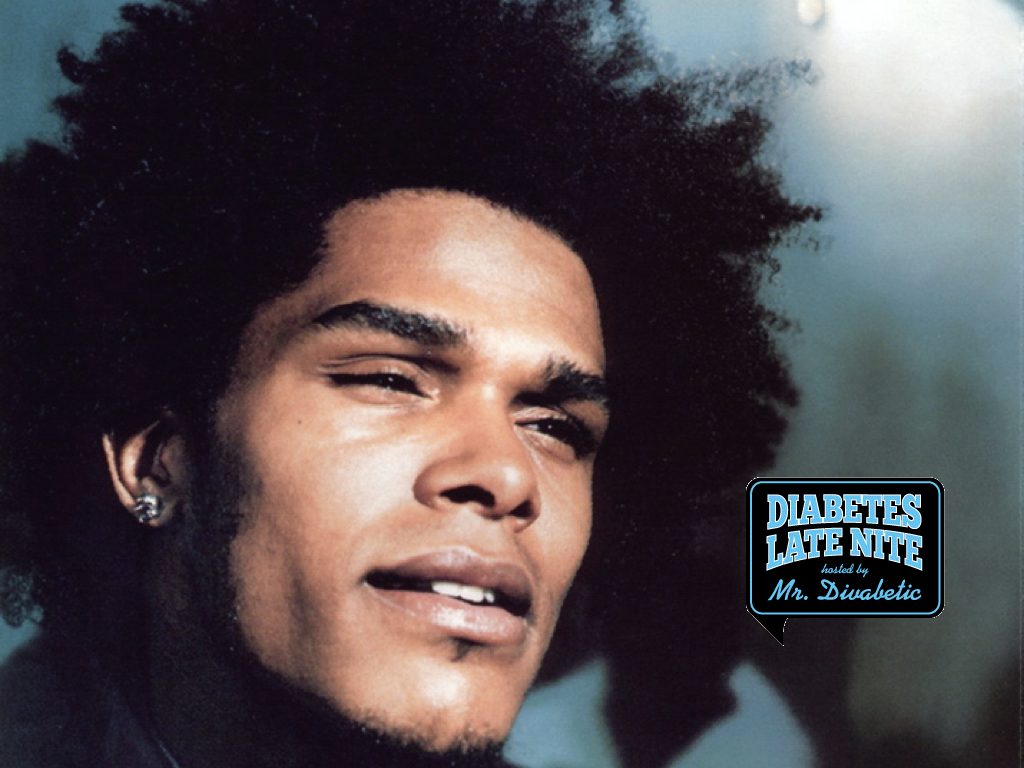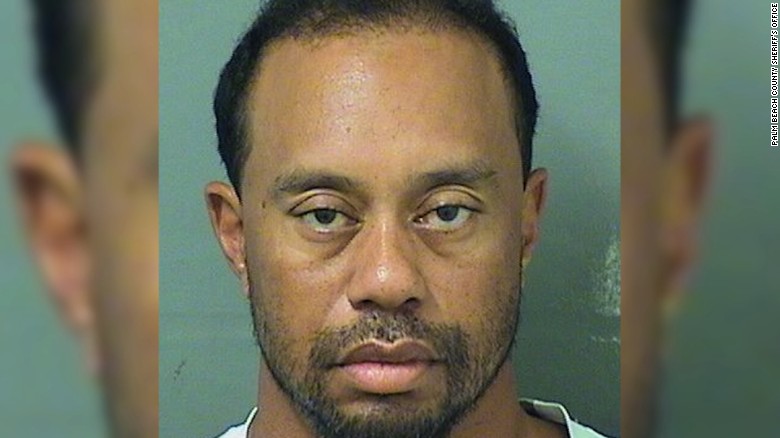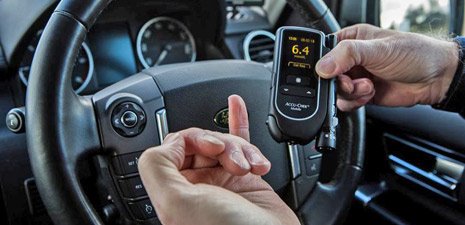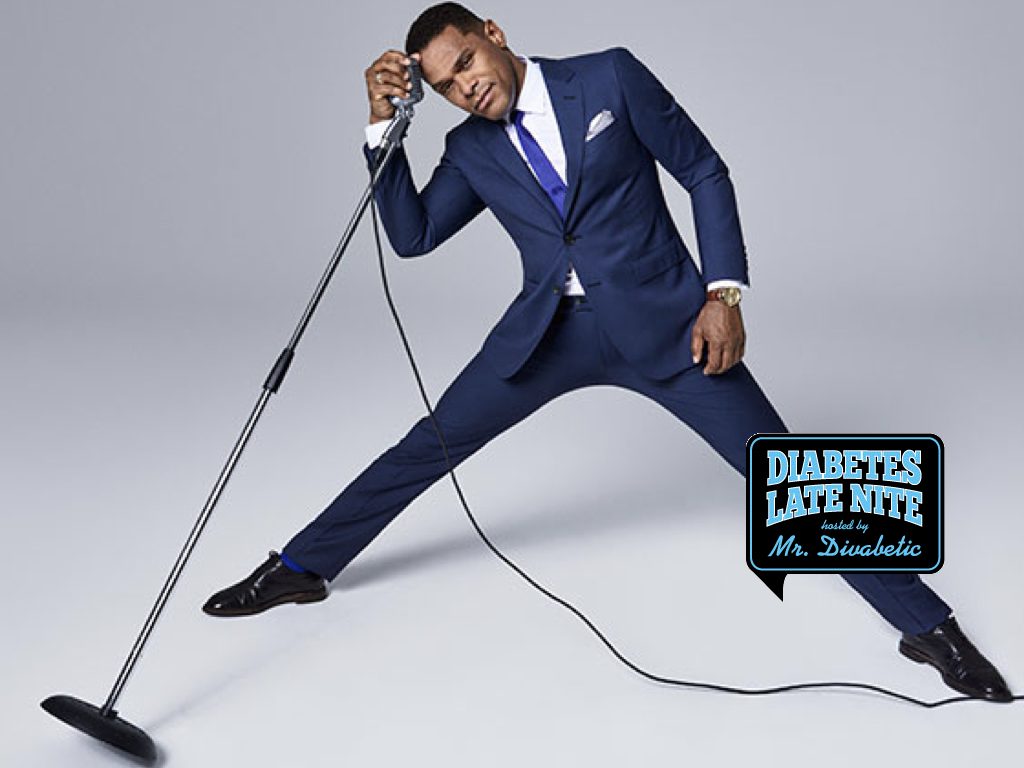We prefer the word fortunate rather than lucky. Lucky sounds like you have no part in it. It’s the luck of the draw or the random stop of the wheel on a slot machine. Fortunate seems more appreciative as well as more participatory.
Think about it. If you blame yourself for all the negative things that happen in your diabetes life, then should you take responsibility for the good things that happen too?
Recently, I was speaking with one of my favorite diabetes educators, Janis Roszler LMFT, RD, LD/N, CDCES, FAND PhD. She mentioned that humans are much more conditioned to recall negative experiences than positive ones in life. This has something to do with our body’s need to keep us safe from harm.
Janis told me that we have to practice emphasizing compliments, positive things, and the good moments that happen in our lives.
So if you’re beating yourself up about unexpected high and low blood sugars, weight gains, and/or experiencing a diabetes health-related complication – stop! Instead, take a minute a remind yourself about something positive that happened in your day. Take a deep breath, reset yourself, so you’re setting yourself up for a more nurturing outcome.
There’s a chance in everything we do—and don’t do. But we also believe that good fortune favors an open mind. At some level, we create our lives and what we bring into it—at least most of it. So we’d like to encourage you to practice gratefulness. And we wish you good fortune. Happy Thanksgiving!
We’re talking about diabetic macular edema with musical inspiration from Maxwell.
Along with fellow musicians D’Angelo and Erykah Badu, Maxwell has been credited with helping to shape what has been termed the “neo-soul” movement that rose to prominence during the late 1990s
Diabetic Macular Edema (DME) is an accumulation of fluid in the macula-part of the retina that controls our most detailed vision abilities due to leaking blood vessels. In order to develop DME, you must first have diabetic retinopathy.
Diabetic retinopathy is caused by damage to the blood vessels in the tissue at the back of the eye (retina). Poorly controlled blood sugar is a risk factor. Early symptoms include floaters, blurriness, dark areas of vision, and difficulty perceiving colors. Blindness can occur.
Guests include singer Alfa Anderson, Diabetic Macular Edema patient Maryanne Kass, Artist Bryce Chisholm, the Charlie’s Angels of Outreach, Poet Lorraine Brooks, and Mama Rose Marie. Throughout the podcast, we will be featuring selected songs from several of Maxwell’s albums courtesy of SONY Music.











